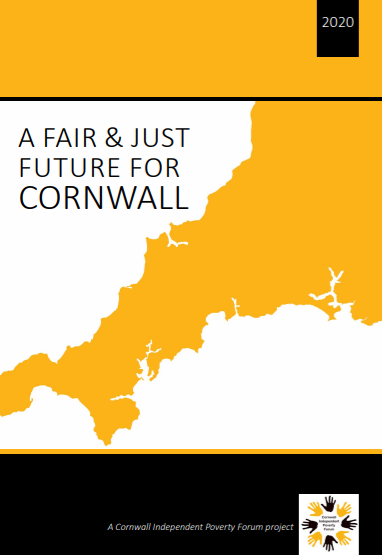Poetry v poverty: anthology raises vital new voices
Today is National Poetry Day, and we have an exciting announcement
We will launch a powerful collection of poetry about poverty and the pandemic this month, during the first Challenge Poverty Week in England and Wales.
Same Boat? brings together dozens of works by people with experience of poverty and supporters from across the movement to end poverty, including some debut writers. We’re announcing the launch today, on World Poetry Day.
The book brings new perspectives around poverty and challenges many of the prevailing myths and clichés, and challenges us all to ensure that society after the pandemic is more just and compassionate. We know we can build back better and the outpouring of kindness and community has been heartening – but it cannot be taken for granted. Simply reading the poetry in this anthology is “a radical act of empathy”.

Launch event
The project has been coordinated by Matt Sowerby, who was poet in residence at Church Action in Poverty from the beginning of lockdown until September. He facilitated workshops and open-mic events online and oversaw the production of the anthology. Participants were asked to contribute a poem reflecting their experiences of lockdown and poverty, or the impact of Covid-19 on themselves, their families or communities
A launch event will be held on Thursday 15 October, during Challenge Poverty Week.
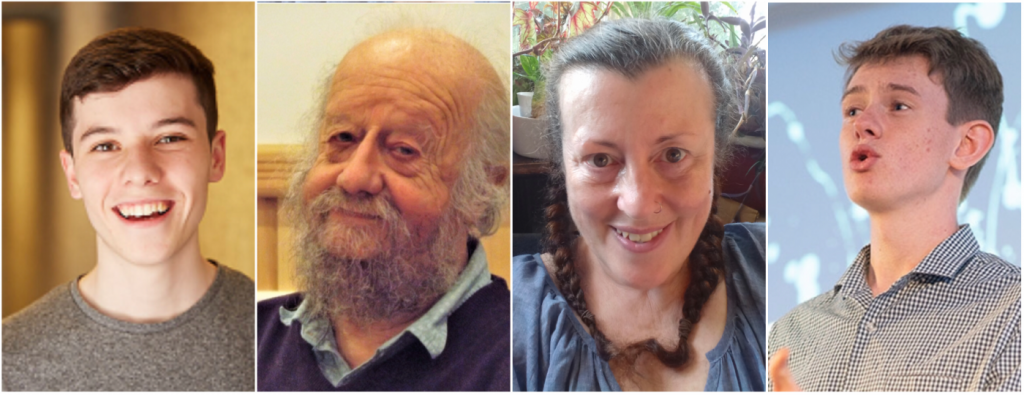
In their introduction, the editing panel of Barbara Adlerova, Ben Pearson, Jayne Gosnall, Matt Sowerby and Penny Walters, write:
“While the term ‘poverty’ is often understood as a financial problem, these poems suggest that the word is more of a blanket term for numerous different ‘poverties.’ These include social poverty, poverty of choice, psychological poverty, poverty of autonomy, digital poverty, poverty of access and poverty of opportunity among others. The book also takes a closer look at some of the people behind the statistics. Rejecting the myth that those in poverty are helpless, several poets choose to explore the power that their experiences have given them.”
Responses to abuse, homelessness and stigma
 Works include i have a voice by Penny Walters of Newcastle, which reflects on her determination to speak out against poverty, despite having “abused and berated downcast / shunned”, and 100 days by Earl Charlton, which reframes his experience from that of victim to expert. He writes: “being homeless before and living in social isolation, gave me the knowledge and sense to beat this complicated situation”.
Works include i have a voice by Penny Walters of Newcastle, which reflects on her determination to speak out against poverty, despite having “abused and berated downcast / shunned”, and 100 days by Earl Charlton, which reframes his experience from that of victim to expert. He writes: “being homeless before and living in social isolation, gave me the knowledge and sense to beat this complicated situation”.
Ben Pearson’s Yellow Sticker pinpoints the stigma around poverty, while Melanie Rogers’s My Mask finds relevance to mental health in the face coverings that the pandemic has made routine.
The Same Boat? title reflects the question of whether we are all in the same boat during the pandemic. The question is also addressed in a short film of the same name, written by Ellis Howard & directed by Brody Salmon, which is being released on October 13.
More information:
- Same Boat? will be launched on October 15th. Sign up here.
- To discuss the book or if you have media queries, email benp@church-poverty.org.uk
- Challenge Poverty Week England and Wales runs from October 12 to 18. For more information, visit challengepoverty.co.uk

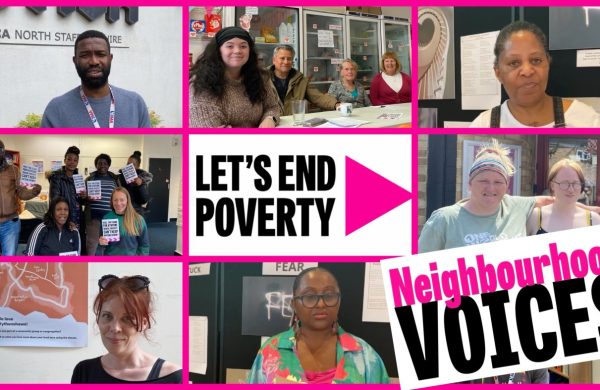
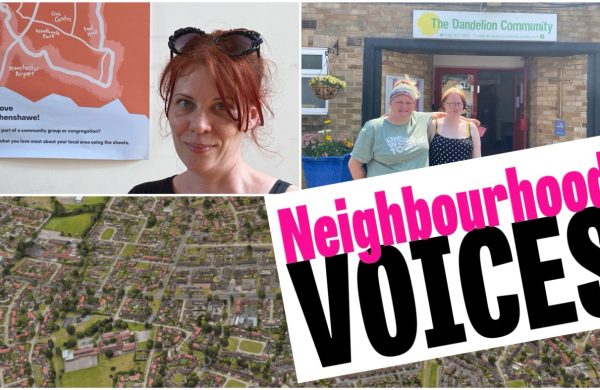
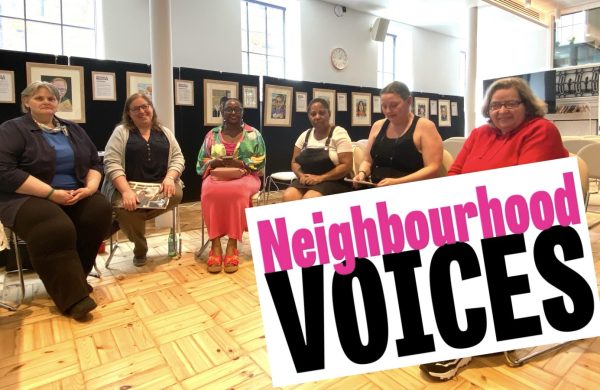
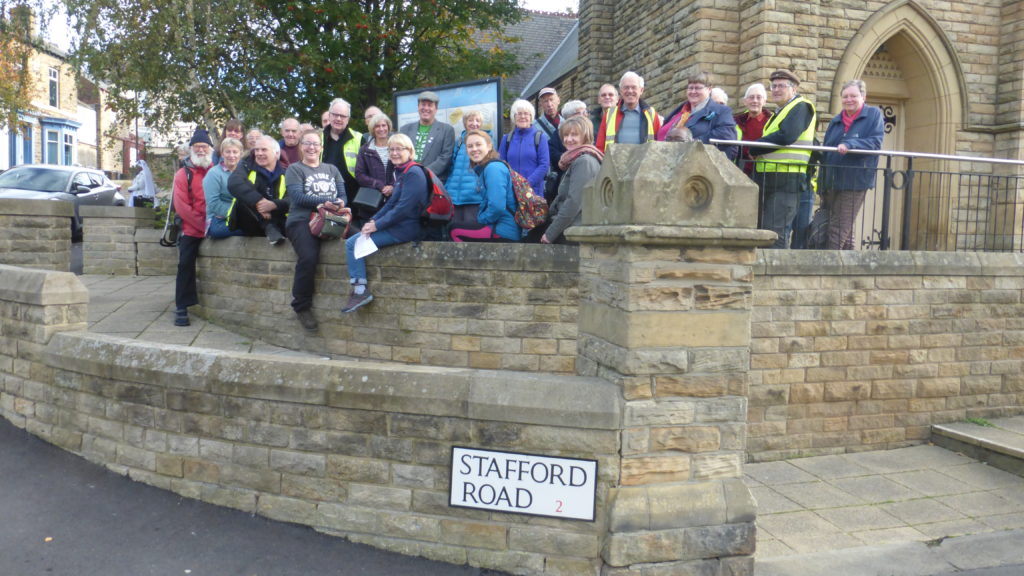
 This autumn, Church Action on Poverty will be working harder than ever to challenge poverty, and we hope you’re up for joining us in this urgent task.
This autumn, Church Action on Poverty will be working harder than ever to challenge poverty, and we hope you’re up for joining us in this urgent task.
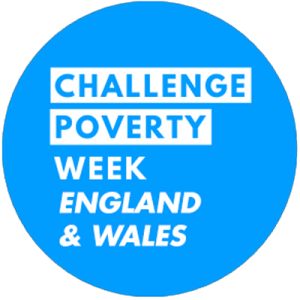 The first ever Challenge Poverty Week in England and Wales will run from October 12th to 18th, modelled on the successful Challenge Poverty Week which has been running in Scotland for the past seven years.
The first ever Challenge Poverty Week in England and Wales will run from October 12th to 18th, modelled on the successful Challenge Poverty Week which has been running in Scotland for the past seven years.
